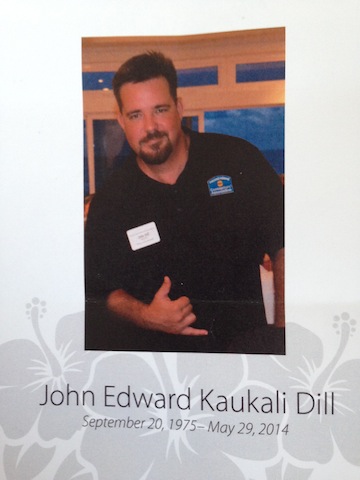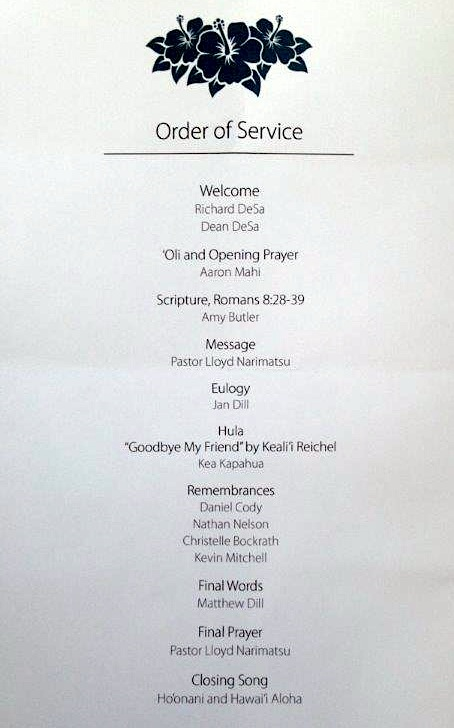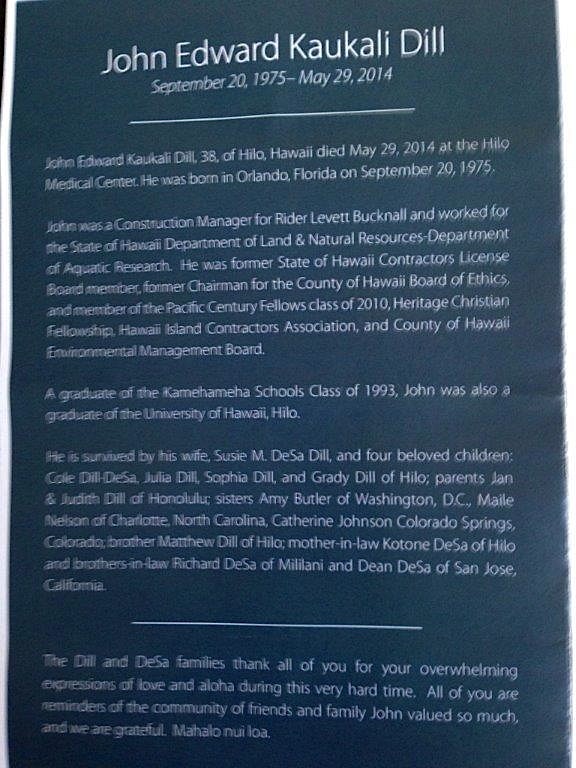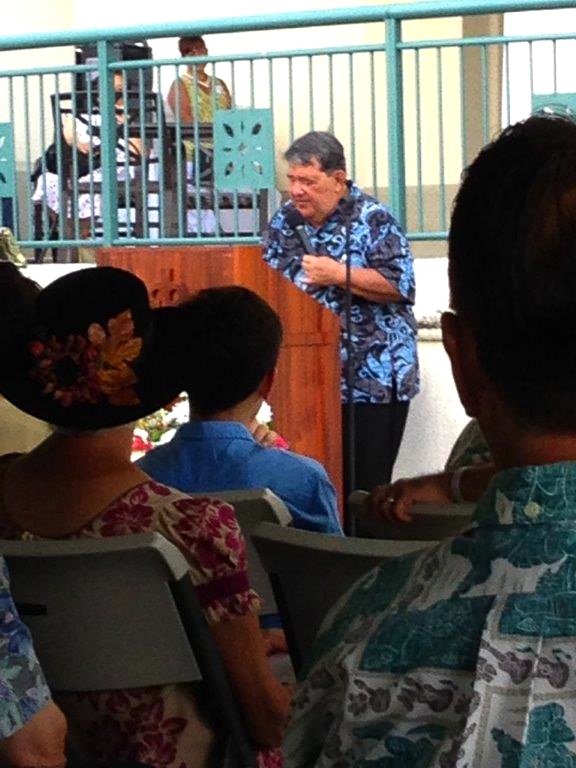Richard Ha writes:
I spoke on behalf of the Big Island Community Coalition (BICC) at the Hawai‘i Island Renewable Energy Solutions Summit 2014 on April 30th, which was titled “Behind the Plug and Beyond the Barrel," and here's what I said:
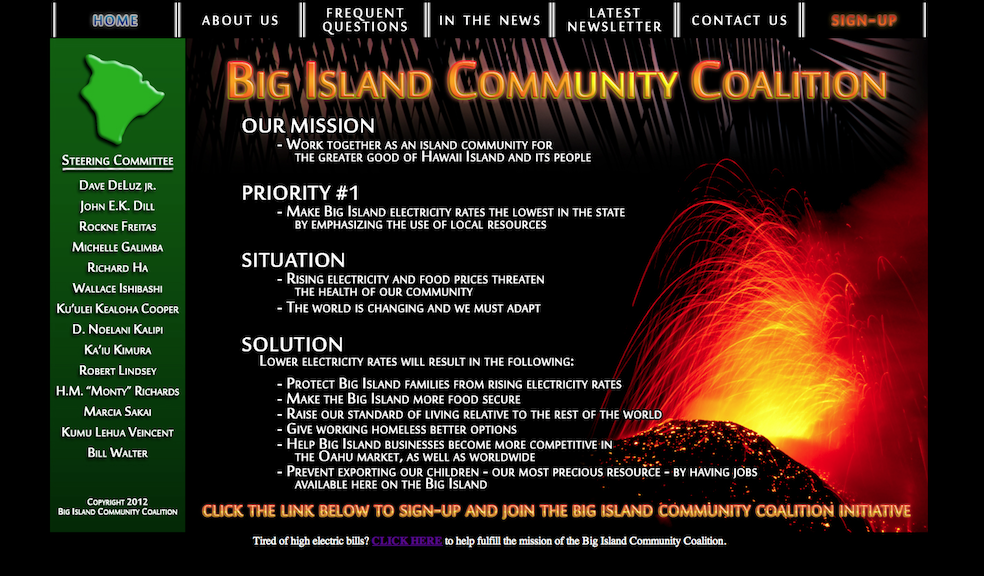
Good morning. Thanks for the introduction. I will use just this one slide, and you can read our mission statement on it, which is to lower the cost of electricity. “To make Big Island electricity rates the lowest in the state by emphasizing the use of local resources.”
I would like to spend some time talking about who makes up the BICC.
Dave DeLuz, Jr. – President of Big Island Toyota.
John Dill – Contractors Association, and Chair of the Ethics Commission
Rockne Freitas – Former Chancellor Hawai‘i Community College
Michelle Galimba – Rancher, Board of Agriculture
Richard Ha – Farmer
Wallace Ishibashi – Royal Order of Kamehameha, DHHL Commissioner
Kuulei Kealoha Cooper- Trustee, Jimmy Kealoha and Miulan Kealoha Trust.
Noe Kalipi – Former staffer for Sen Akaka, helped write the Akaka Bill, energy consultant
Kai'u Kimura- Executive Director of ‘Imiloa.
Bobby Lindsey – OHA Trustee
Monty Richards – Kahua Ranch
Marcia Sakai – Vice Chancellor for Administrative Affairs, former Dean of UH Hilo, College of Business
Bill Walter- President of Shipman, Ltd., which is the largest landowner in Puna.
These folks are all operating in their private capacities. I'm chair of the BICC, and the only person from Hawai‘i to have attended five Peak Oil conferences. I've visited Iceland and the Philippines with Mayor Kenoi's exploratory group.
As you can imagine, the BICC has strong support all across political parties and socioeconomic strata. People get it in five minutes.
Oil and gas are finite resources, and prices will rise. One note about natural gas: the decline rate of the average gas well is very high. Ninety percent of the production comes out in five years. This is worrisome.
Hawai‘i Island relies on oil for sixty percent of its electricity generation; the U.S. mainland only two percent.
As the price of oil rises, our food manufacturers and producers become less competitive, as we all know. Food security involves farmers farming. And if the farmers make money, the farmers will farm.
What can we do? By driving the cost of electricity down, the Big Island can have a competitive edge to the rest of the world.
Since rising electricity rates act like a giant regressive tax, lowering electricity rates would do just the opposite. And since two-thirds of the economy is made up of consumer spending, this would be like "trickle up" economics. If the rubbah slippah folks had extra money, they would spend and everyone would benefit.
The lowest-hanging fruit:
1. Geothermal. Allows us to dodge the finite resource bullet. It is the lowest-cost base power. The Big Island will be over the hot spot for 500,000 to a million years.
2. We throw away many lots of MW of electricity every night. Hu Honua will probably throw away 10 MW for ten hours every night. PGV, maybe 7 MW for ten hours.
3. Wind, too.
Maybe HELCO will allow us to move the excess electricity free. They don't make any money on the throwaway power now, anyway. What if we used it for something that won't compete with them? Then people could bid for the excess, throwaway power for hydrogen fueling stations, to make ammonia fertilizer, and to attract data centers. Hawaii could become the renewable energy capital of the world. People would love to come here and look at that. As airline ticket costs rise, the walk around cost in Hawai‘i would not.
The BICC call for lowering electricity costs could leave future generations a better Hawai‘i. And that is what we all want.

